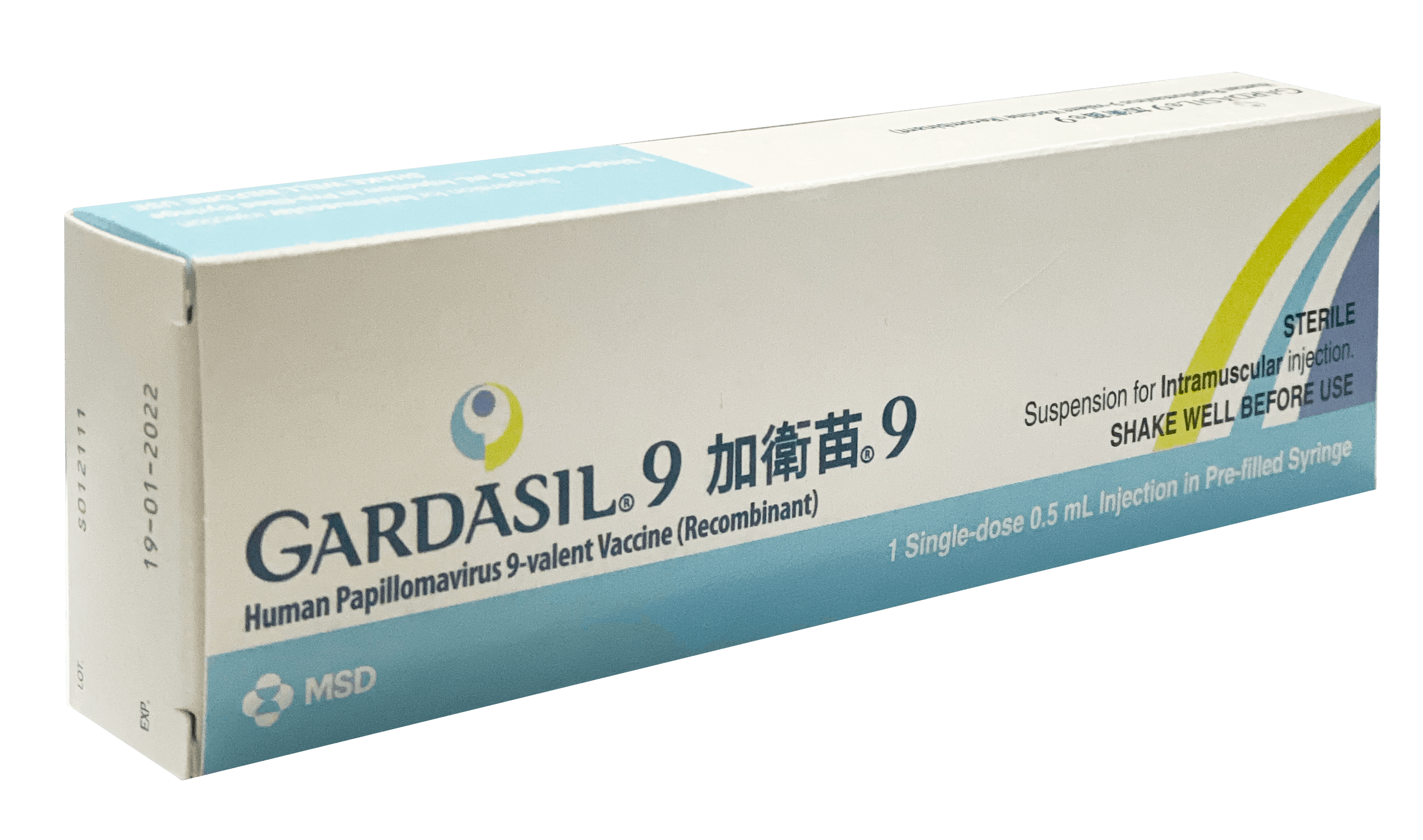- Home
- /
- HIV/STD
- /
- Common STDs
- /
- Ureaplasma urealyticum
This is a very common bacterial infection, a type of mycoplasma and like chlamydia that grows in the cells. About 30- 70% of sexually active men and women will be infected. In most places it is not classified as a sexually transmitted disease because it is common in the general population and most infected people do not show any symptoms, so we call it “Sexually Transmittable Infection”. In contrast to some common STDs, such as chlamydia and gonorrhea are bacteria that should not be found in the human body. However, Ureaplasma urealyticum can also cause complications similar to chlamydia and gonorrhea in the body, such as pelvic inflammatory disease and infertility.
Ureaplasma urealyticum is highly contagious and is usually transmitted through saliva, blood, vaginal secretions, such as through unprotected sexual contact. The most common routes of transmission include oral, vaginal and anal contact. The more sexual partners you have, the higher your chances of being infected.
Symptoms and Signs of Mycoplasma
People infected Ureaplasma urealyticum usually has no symptoms, so most people don’t realize they’re infected. It is recommended that sexually active men and women of childbearing age who have more than one partner should be tested at least once a year. In men, symptoms are usually very mild, such as mild tingling in the urethra, redness at the tip of the urethra, and foaming of the urine. However, infection by Ureaplasma urealyticum may also present more serious symptoms such as pain in the lower abdomen, painful urination, increased urination, decreased urine flow, symptoms of prostatitis such as bladder oversensitivity, and even erectile dysfunction, painful ejaculation, etc. and urethra bleeding. Other complications include chronic prostatitis in men, orchitis, and epididymitis (inflammation of the epididymis).
For women, the symptoms of Ureaplasma urealyticum infection are often not very different from normal vaginal discharge. If women often have heavy vaginal discharge, they are likely to be misdiagnosed as “recurrent candida infection” and receive candida drug treatment. After treatment, the symptoms often improve temporarily, but they will relapse soon. Therefore, if you receive multiple candida treatments and relapse frequently should test for Ureaplasma urealyticum and upper vaginal bacterial culture to determine the cause of infection. Candida should be easy to treat, unless you have a long term medical condition like diabetes. Women with infertility problems should also be tested for Ureaplasma urealyticum.
What are the risks of Ureaplasma urealyticum?
If left untreated, Ureaplasma urealyticum infection may cause infertility, premature labor or stillbirth, chorioamnionitis, urethritis, prostatitis, epididymitis, meningitis, and pneumonia. It can also spread to other parts of the body, causing reactive arthritis and causing long-term damage to joints, nerves, and muscles.
Ureaplasma urealyticum detection
A urine sample test for Ureaplasma urealyticum is available for both men and women using “front urine” – freshly passed urine. However, the bacterium is easier to detect in women, producing positive results in most of the infected women. In men, however, the bacteria can “hide” in the prostate or epididymis. Men with prostate symptoms can sometimes detect its presence only in semen samples, not urine.
The Ureaplasma urealyticum DNA test is the most sensitive test. It can be used on various specimens such as urine, vaginal, rectal, or buccal smears. After treatment, however, bacterial cultures are often used to determine antibiotic susceptibility.
Ureaplasma urealyticum treatment
Ureaplasma urealyticum can be treated with antibiotics. Antibiotic resistance is common, and the length of treatment depends on the site of infection. Urinary tract and vaginal infections usually require 7-10 days of treatment. However, a prostate infection can take up to 4 weeks, sometimes longer, to clear the infection. Commonly used antibiotics are azithromycin, doxycycline, and ofloxacin. At the same time, the partner also needs to undergo examination and take medicine, and suspend sexual behavior to avoid cross-infection. Sexual behavior can only be performed after both parties have ensured that there is no infection after treatment.
For inquiries, please contact
Tel : (852) 3160 4886
or Email : enquiry@neohealth.com.hk

9-valent HPV vaccine (Gardasil 9)
GARDASIL 9 is a vaccine for both females and males to prevent cervical, vulvar, vaginal, and anal cancers caused by human papillomavirus (HPV) Types 16, 18, 31, 33, 45, 52, and 58…

Health Screening
We provide a variety of plans to meet your needs. In addition to analyzing the medical report, we also care about your lifestyle and family medical history before giving professional medical advice. If you obtain abnormal test results, we can arrange for more detailed testing and high-quality treatment services to get early treatment and reduce the chance of recurrence.

